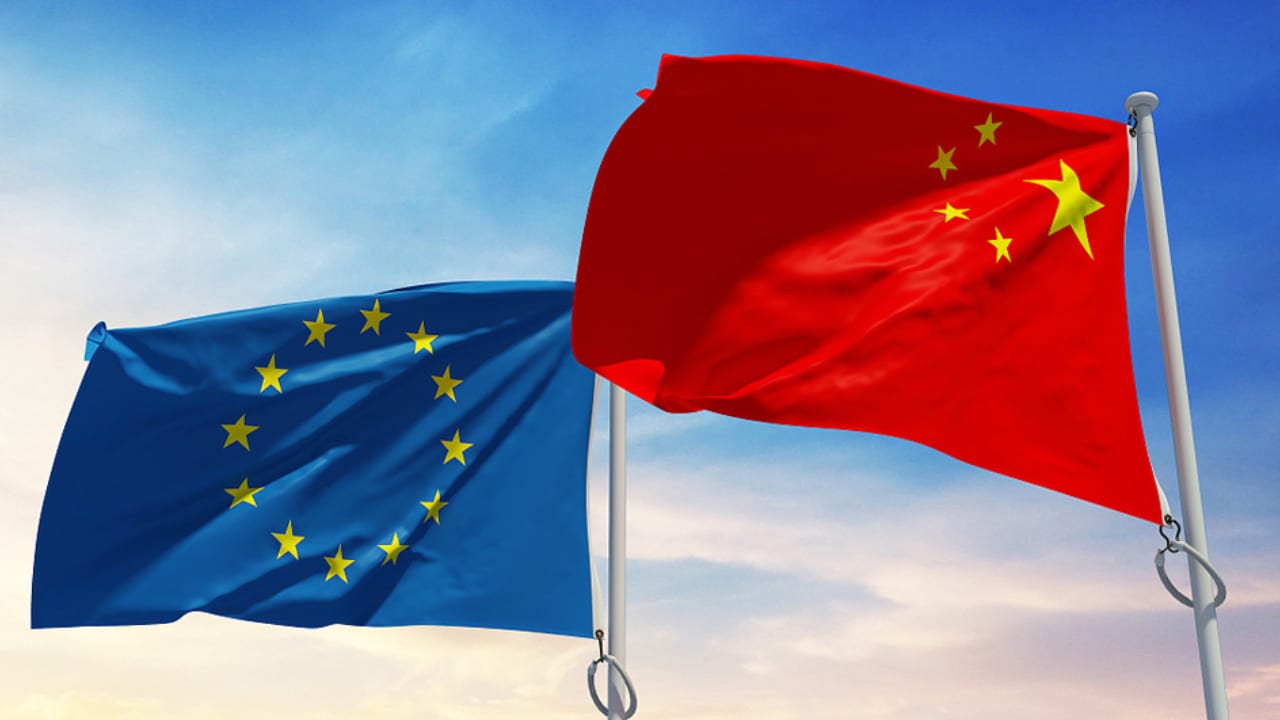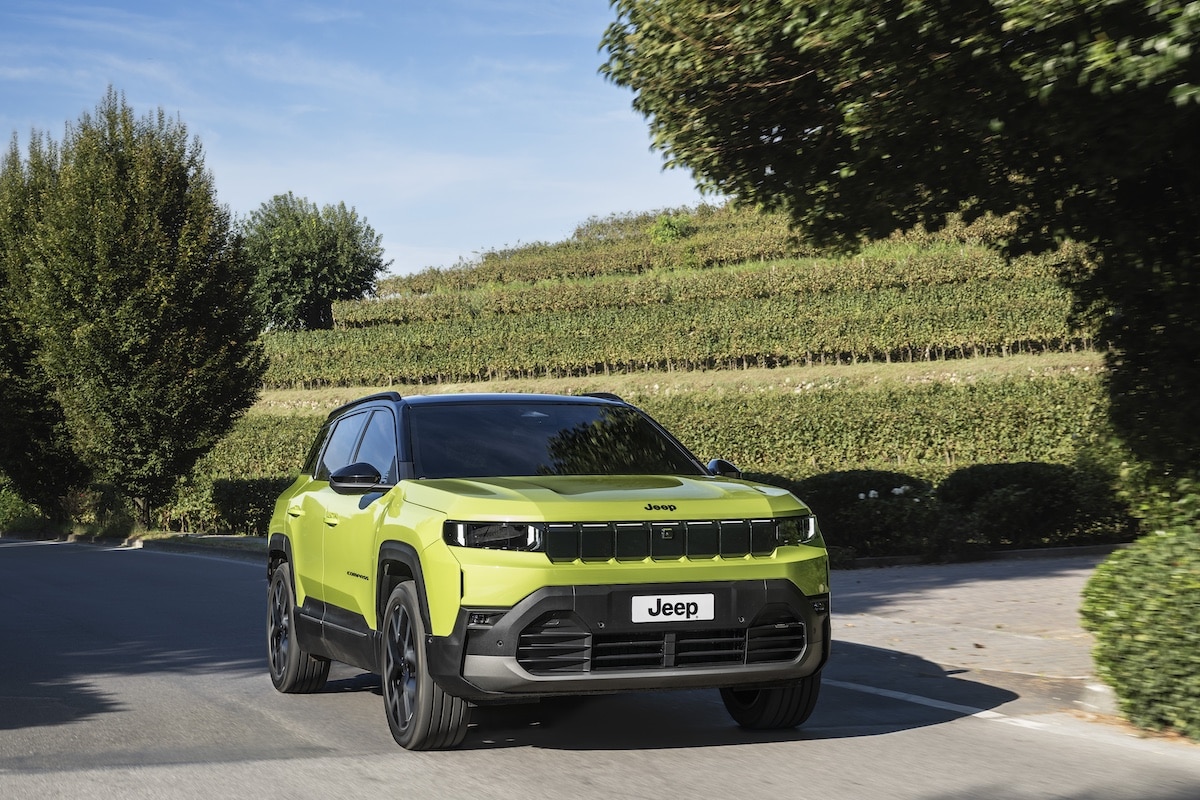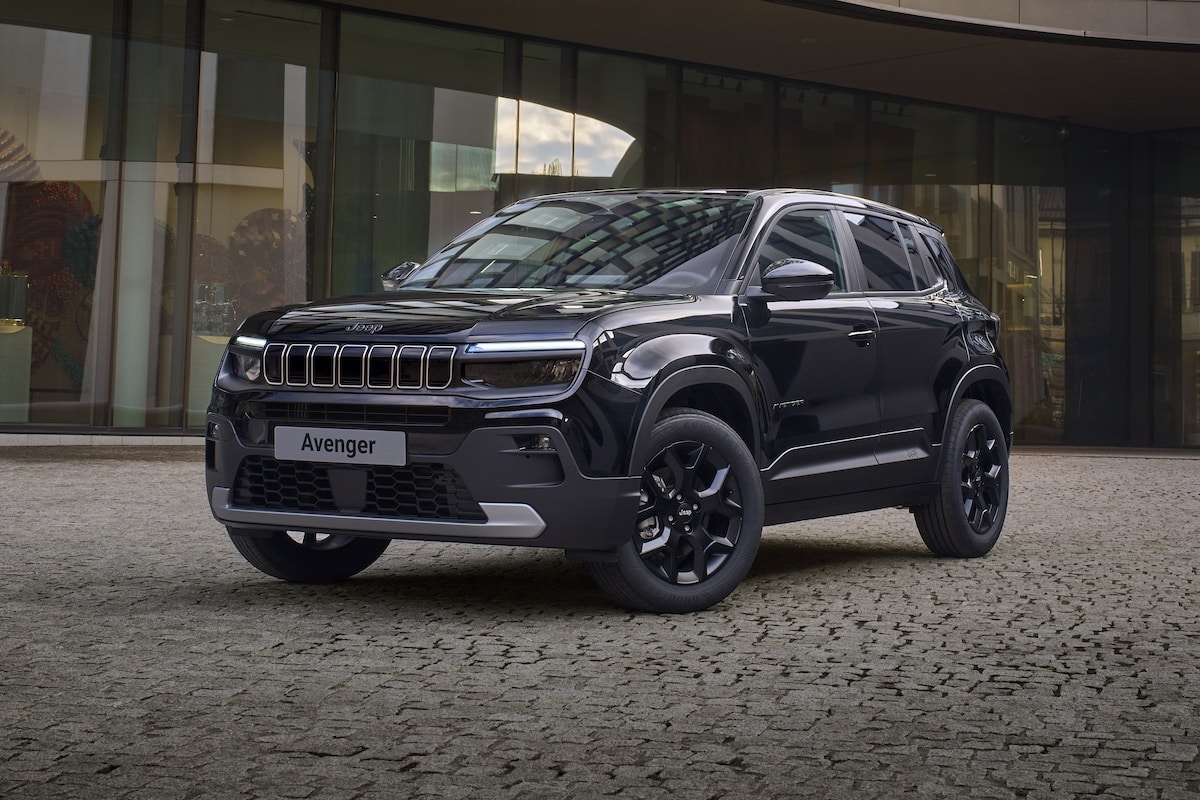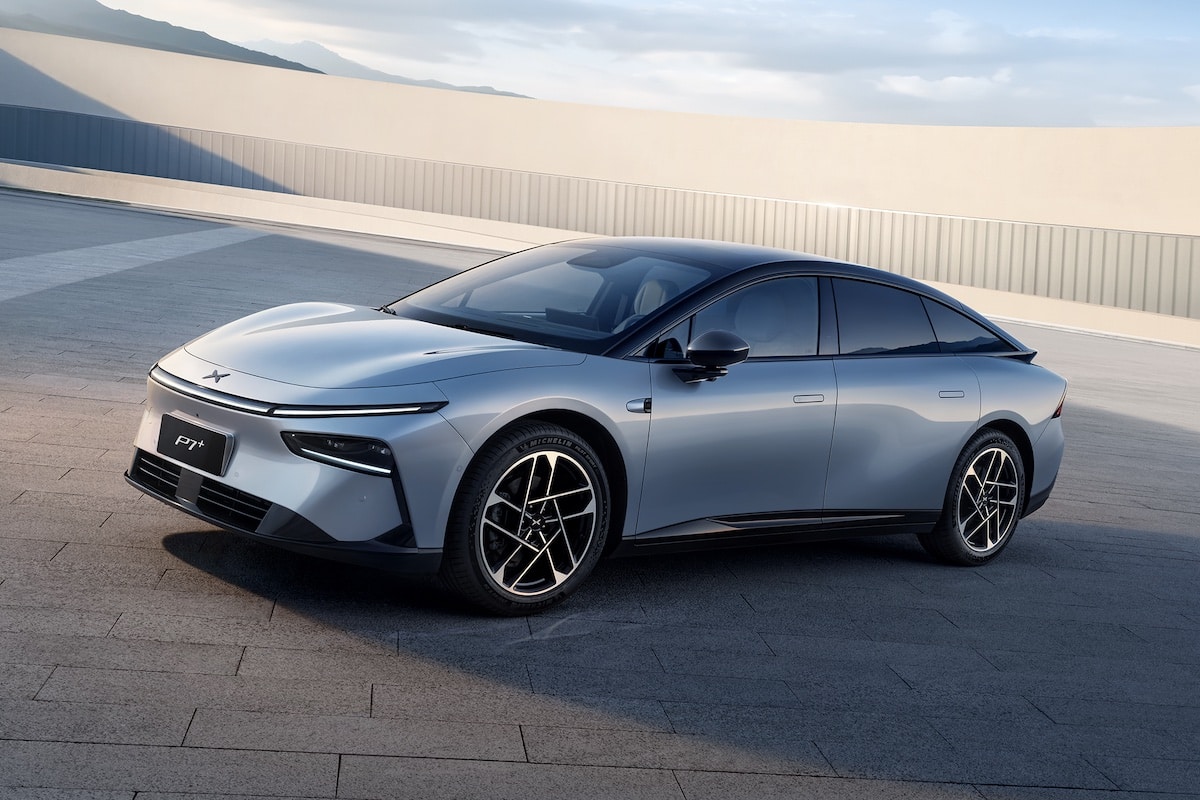Europe Wants to Finesse China

The European Commission opens an investigation into the subsidies China grants to its automakers, sources of “artificially low prices”
Protectionism and free trade have always disrupted the relationship between China and the rest of the world. France had initiated a movement of protest in recent months to counter what it considered protectionist practices by China. It is true that by distributing ecological bonuses en masse to low-cost Chinese cars, the French government increasingly felt like the fool in a farce whose first victims are none other than its own manufacturers. Through its president, Ursula von der Leyen, the European Commission announced this Wednesday the opening of an official investigation into China’s (very/trop) generous public subsidies.
Large-scale Chinese Offensive
To better understand this state of nervousness within the European Union, a quick overview of the market is necessary. China has long bet on 100% electric vehicles in the automotive sector and has gained a lead over Europe, notably becoming the absolute leader in battery technology. Building on this advantage, its manufacturers have developed in the domestic market before launching an overseas offensive once they reached maturity.
The main players such as BYD, Geely, or Leapmotor have surged into the West, not hesitating to acquire iconic brands like Volvo, Lotus, or MG to quickly build a reputation at low cost. Already nearly dominant at the Paris Motor Show, the Chinese brands made another leap at the IAA Mobility show in Munich at the beginning of September.
The Difficulty of Legal Retaliation
Paris and Brussels, however, disagree on the method to combat this unfair competition. France prefers to focus on the specifics of its market by wielding the tool of Ecological Bonus. Currently, this bonus only considers a vehicle’s greenhouse gas emissions as an environmental criterion and its price, but the goal is to include the carbon footprint of electric vehicle production starting in 2024. Factors such as the extraction of materials for manufacturing the vehicle, battery production, and transportation from the assembly site to the distribution center in France—taking into account various means of transport—will be considered. A vehicle produced in China would thus be penalized compared to one manufactured in a European factory. Simple, intelligent, and effective. However, this approach essentially means giving fewer incentives for poor behavior rather than punishing it, a method condemned by all specialists.
The European Union has decided to strike hard by directly condemning the Chinese government’s interventionism. “Global markets are today flooded with cheap Chinese electric vehicles, whose prices are artificially kept low by massive public subsidies. Europe is open to competition. Not to a race to the bottom,” declared Ursula von der Leyen in Strasbourg before the European deputies. She also announced the initiation of an antidumping investigation, provoking Beijing’s fury. Stopping the gifts might be acceptable, but being scolded certainly isn’t!
Europe’s Advantage?
Following this investigation, Europe could be forced to raise the customs duties on Chinese imports. China immediately responded by threatening severe sanctions against European imports. Considering Chinese brands are only liable for 10% customs duties while European models manufactured in Europe and imported into China face tariffs doubled that amount, Europe is momentarily in a stronger position. Regarding the volume of exchanges between the two sides, once again, Europe holds the advantage with less to lose than China in a trade war… unless it spills over into sectors beyond automotive.
Meanwhile, Tesla continues to make its way, dominating the market and expanding its production tools in Europe. Perhaps common sense will ultimately come from Elon Musk’s side?
This page is translated from the original post "L’Europe veut mettre la Chine à l’amende" in French.
We also suggestthese articles:
Also read





